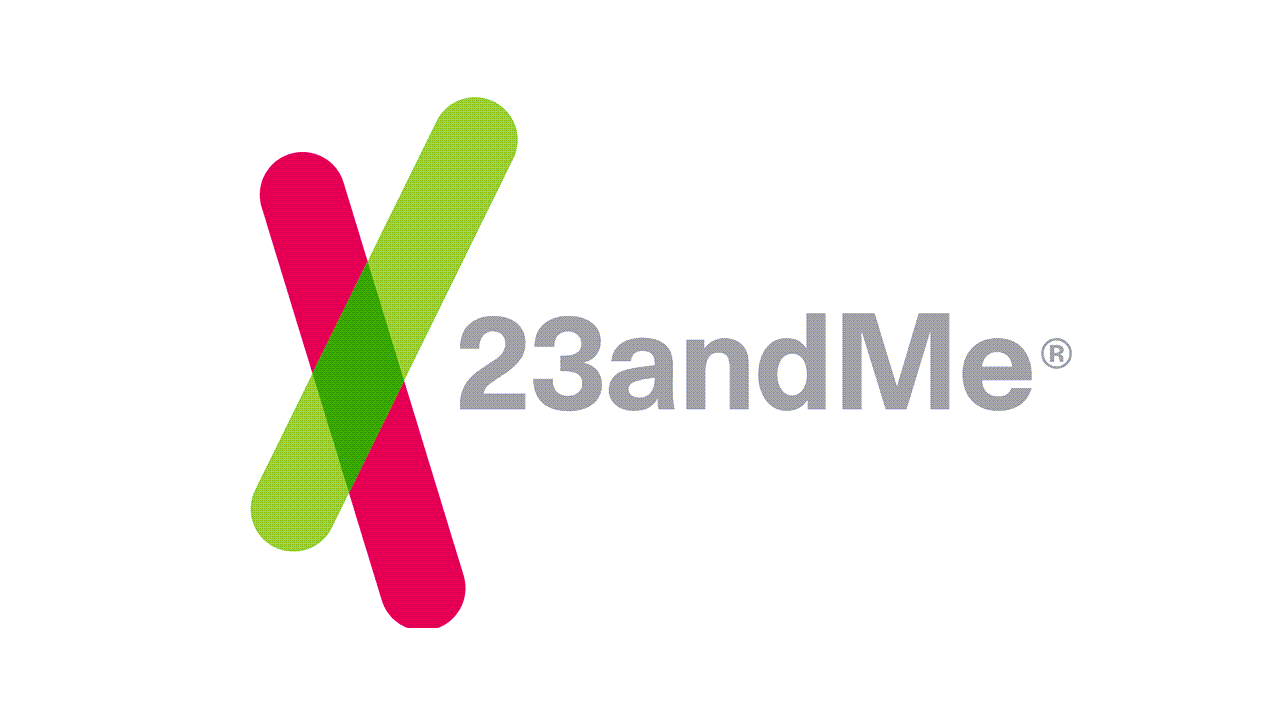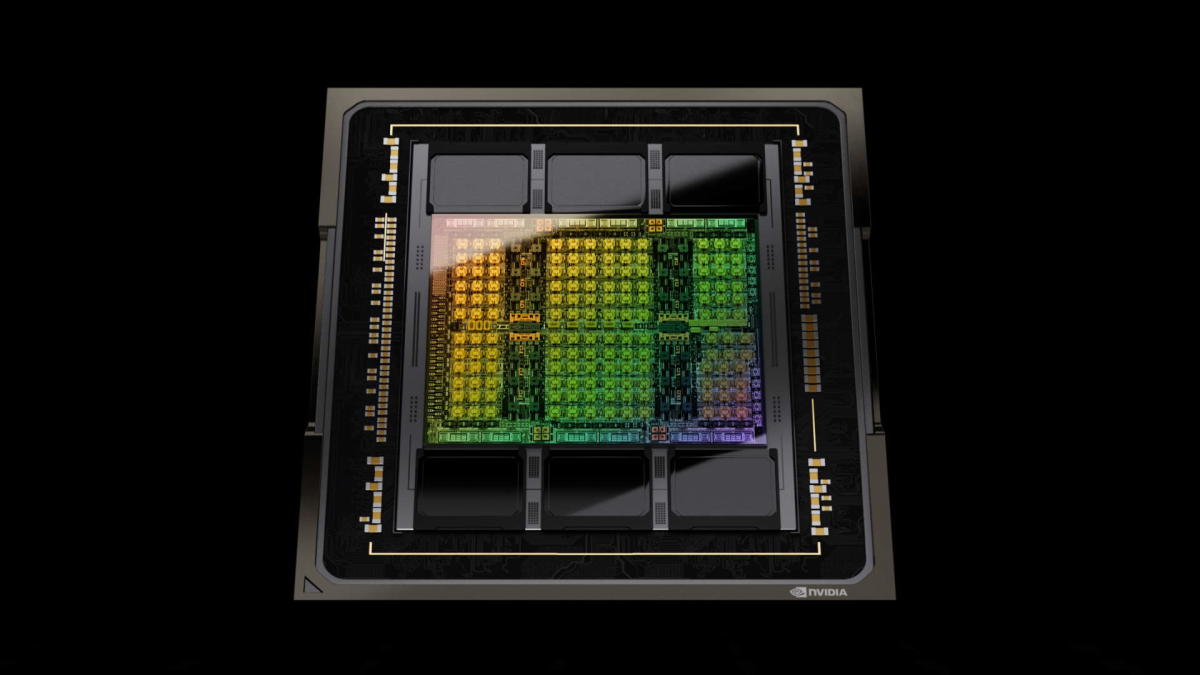Hackers Advertise Sale of 23andMe Data: Protecting Your Genetic Information
Introduction
In the digital age, our personal data is more vulnerable than ever. Cybercriminals are constantly finding new ways to exploit security loopholes and gain unauthorized access to sensitive information. One recent incident that has raised concerns is the advertisement of stolen data from the popular family genetics website, 23andMe, on a leaked data forum. In this article, we will explore the details of this data breach, discuss the implications for individuals, and provide actionable tips on how to protect your genetic information.
The 23andMe Data Breach
According to posts made on an online forum where digital thieves often advertise leaked data, a hacker claims to have millions of “pieces of data” stolen from 23andMe. However, 23andMe has clarified that while some “customer profile information” may have been accessed through individual accounts, their systems have not been breached. The company believes that the hacker may have obtained passwords stolen from other sites and used them to gain unauthorized access to 23andMe accounts.
Understanding Credential Stuffing
The technique used by the hacker, known as credential stuffing, highlights the importance of using unique passwords for different websites and platforms. Credential stuffing involves using stolen login credentials from one site to gain unauthorized access to accounts on other sites. When individuals reuse passwords across multiple platforms, they become more vulnerable to credential stuffing attacks. To protect yourself, it is crucial to use strong, unique passwords and enable two-factor authentication whenever possible.
The Importance of Two-Factor Authentication
Two-factor authentication provides an additional layer of security by requiring users to provide two forms of verification before accessing their accounts. This can help mitigate the risk of unauthorized access, even if a hacker manages to obtain your password. By enabling two-factor authentication on your 23andMe account and other online platforms, you add an extra level of protection to your sensitive information.
Assessing the Impact of the Data Breach
The exact size and scope of the 23andMe data breach remain unclear. The hacker’s posts on the leaked data forum have provided contradictory information, making it difficult to determine the extent of the stolen data. However, it is essential to understand the potential consequences of such a breach. Genetic information is highly personal and can reveal sensitive details about an individual’s health, ancestry, and predispositions to certain diseases. Unauthorized access to this data can have serious implications, including identity theft, medical fraud, and targeted scams.
Safeguarding Your Genetic Information
Given the potential risks associated with the 23andMe data breach, it is crucial to take proactive measures to protect your genetic information. Here are some steps you can take:
1. Regularly Monitor Your Account
Frequent monitoring of your 23andMe account and other online platforms can help you detect any suspicious activity. Keep an eye out for any unauthorized changes to your profile or unusual access attempts. If you notice anything suspicious, report it to 23andMe immediately and take appropriate action, such as changing your password and enabling two-factor authentication.
2. Use Strong, Unique Passwords
Creating strong, unique passwords is essential for protecting all your online accounts, including 23andMe. Avoid using easily guessable passwords or common phrases. Instead, use a combination of uppercase and lowercase letters, numbers, and special characters. Consider using a password manager to securely store your passwords and generate unique ones for each account.
3. Enable Two-Factor Authentication
As mentioned earlier, enabling two-factor authentication adds an extra layer of security to your 23andMe account. This feature typically involves receiving a verification code via email, text message, or an authentication app, which you must enter in addition to your password. By requiring this additional step, two-factor authentication significantly reduces the risk of unauthorized access.
4. Be Cautious of Phishing Attempts
Phishing is a common technique used by cybercriminals to trick individuals into revealing their personal information. Be wary of unsolicited emails, text messages, or phone calls asking for your login credentials or other sensitive data. Always verify the legitimacy of the source before providing any information.
5. Regularly Update Your Passwords
Regularly updating your passwords is crucial for maintaining the security of your online accounts. Set reminders to change your passwords every few months, or whenever there is news of a data breach or security vulnerability. By doing so, you minimize the risk of unauthorized access to your sensitive information.
6. Educate Yourself on Data Privacy
Staying informed about data privacy best practices can help you make informed decisions about the platforms and services you use. Familiarize yourself with the privacy policies of companies like 23andMe and understand how your data is stored, shared, and protected. Consider opting for services that prioritize user privacy and employ robust security measures.
7. Regularly Backup Your Genetic Data
To mitigate the potential loss of your genetic information, regularly back up your data from platforms like 23andMe. This ensures that you have a copy of your genetic data stored securely, even if a data breach or technical issue occurs. Check with 23andMe for instructions on how to download and backup your genetic information.
Conclusion
The advertisement of stolen data from 23andMe on a leaked data forum highlights the growing threat of data breaches and the importance of protecting our personal information. By implementing strong security practices, such as using unique passwords, enabling two-factor authentication, and staying vigilant against phishing attempts, you can safeguard your genetic data and reduce the risk of unauthorized access. Remember, your genetic information is personal and valuable, and it is crucial to prioritize its protection in the digital age.




